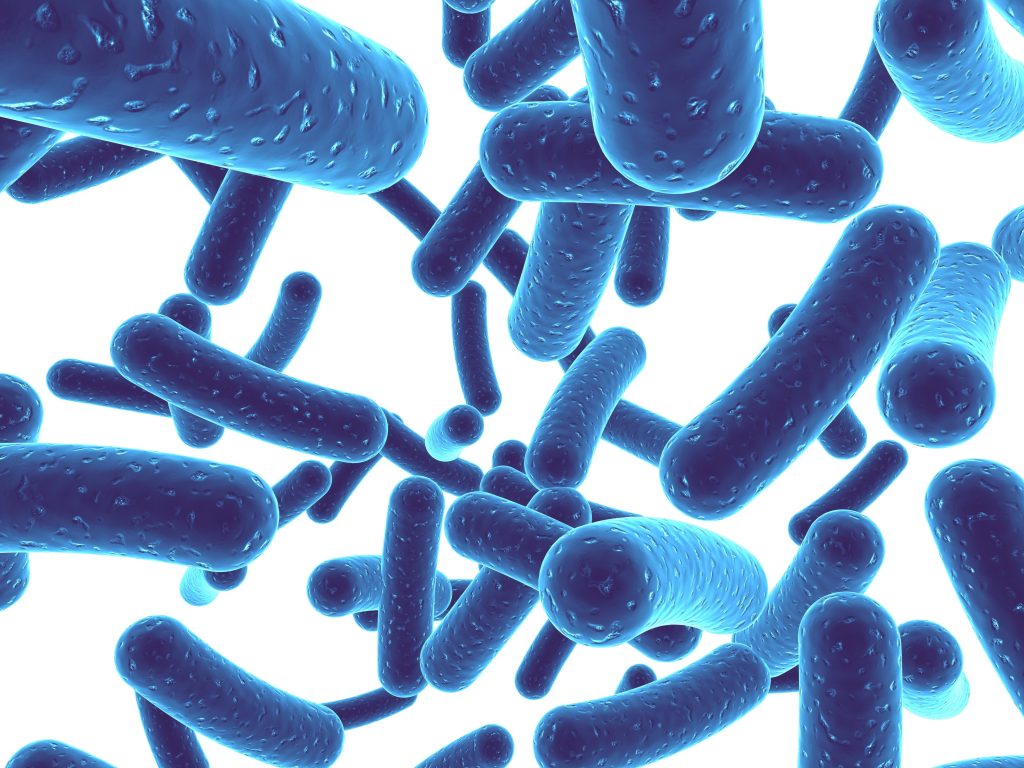Probiotics for Pets: Supporting Health, Immunity, and Cancer Prevention
At Kali’s Wish Cancer Foundation, we are committed to providing families with resources, guidance, and pet cancer support and help. One area of growing interest in pet wellness is probiotics, which may play an important role in digestion, immune health, and even supporting pets during cancer treatment.
What Are Probiotics?
Probiotics are live, non-pathogenic microorganisms found in certain foods, nutritional supplements, and some pet foods. Common sources include:
-
Yogurt, kefir, buttermilk, and cheese
-
Probiotic tablets, capsules, or powders
-
Raw goat milk
-
Certain high-quality pet foods
Traditionally, probiotics have been used to support intestinal and bowel health. However, recent research shows that probiotics may also:
-
Block harmful bacteria in the mouth and reduce plaque
-
Regulate cell function and support healthy cell growth
-
Help the body recover from toxins that accumulate during cancer treatments such as chemotherapy and radiation
While research specifically linking probiotics to cancer prevention in dogs and cats is still in the early stages, the potential benefits are promising.
Benefits of Probiotics for Pets
According to experts and publications like Dogs Naturally Magazine, probiotics can:
-
Act as “chemical factories” that protect the body from bacteria, viruses, and fungi
-
Form a barrier against cancer-causing toxins, drugs, heavy metals, and allergens
-
Produce essential B vitamins
-
Aid in nutrient absorption, including calcium, magnesium, and iron
-
Support proper digestion
-
Slow the growth of harmful bacteria such as Salmonella and E. coli
Supporting Probiotics with Prebiotics
Prebiotics are the foods that feed and sustain probiotics in the gut. Incorporating prebiotics into your pet’s diet can help probiotics thrive and improve overall gut health. Natural prebiotic foods include:
-
Garlic – Up to 1 tsp of raw, organic garlic per 30 lbs of body weight per day (use caution, as dose matters)
-
Dandelion Greens & Leafy Vegetables – About 1 tsp of dried herbs per 20 lbs of body weight
-
Bananas – Use slightly green bananas; approximately 1 inch per 50 lbs of body weight per day
-
Apples – Remove seeds and slice for treats
-
Asparagus – Raw, chopped, and added to meals
Other natural prebiotics include inulin, chicory root, beet pulp, tomato pomace, and fructooligosaccharides.
Recommended Probiotic Strains for Dogs
Two strains commonly used for pets include:
-
Lactobacillus acidophilus (L. acidophilus)
-
Bifidobacteria
Always check pet food labels, as many high-quality natural diets now include both probiotics and prebiotics.
Safety and Veterinary Guidance
Before introducing probiotics or prebiotics into your pet’s diet, consult your veterinarian. Each dog and cat is unique, and some may react differently to new supplements or dietary changes. If negative health effects occur, discontinue use and seek veterinary guidance immediately.
How Kali’s Wish Cancer Foundation Can Help
Nutrition is a key part of overall health, and incorporating probiotics may support immune function and wellness. Kali’s Wish Cancer Foundation provides families with education, pet cancer support, and help in exploring natural ways to support pets facing cancer and other health challenges.
Learn more about pet cancer and the supports available. Visit our Health Hub.

